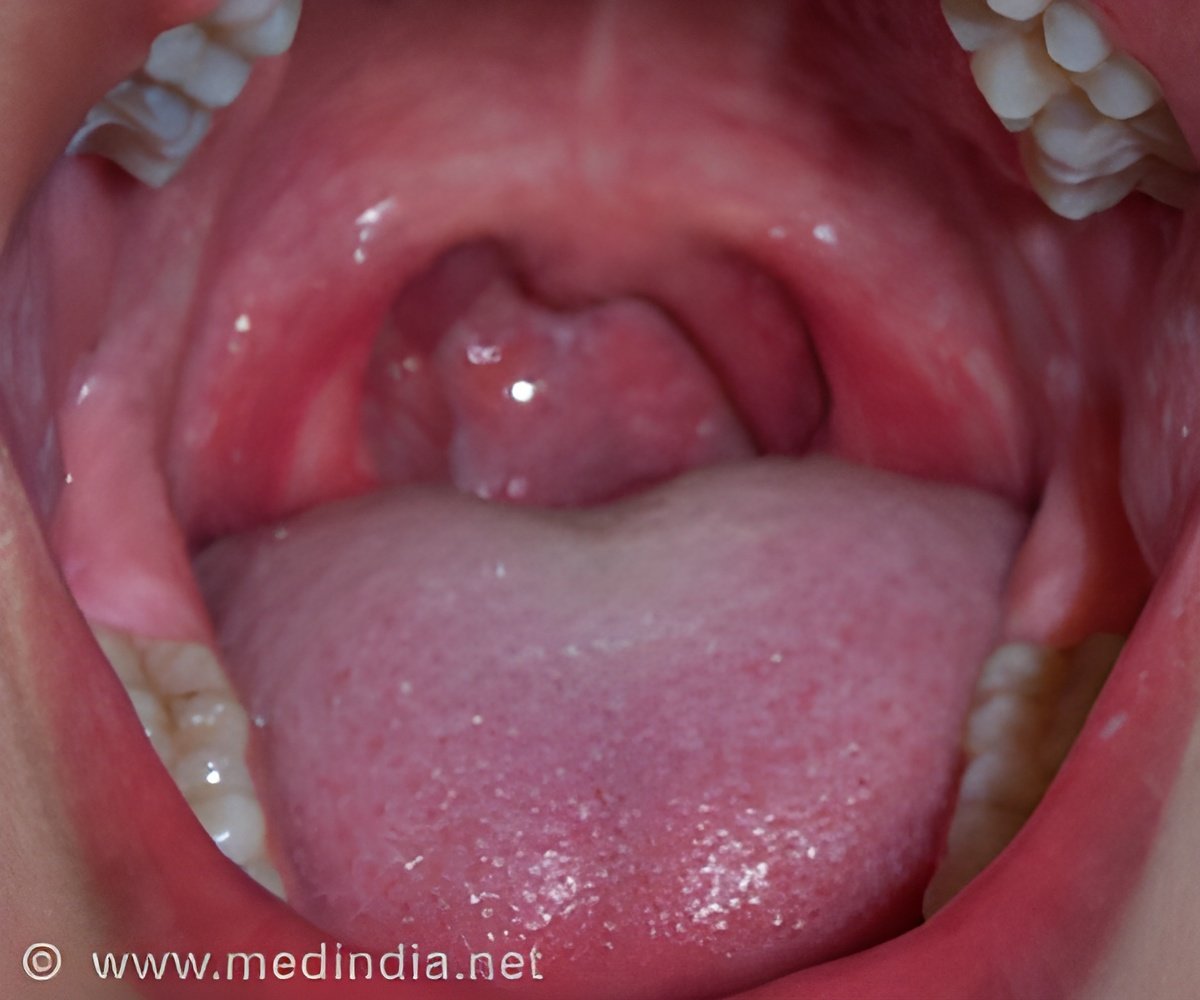The tumor necrosis factor (TNF) protein may make sick people more sensitive to bitterness. It may also be the reason for the progression of Alzheimer's and cancer.

The finding may provide a mechanism to explain the taste system abnormalities and decreased food intake that can be associated with infections, autoimmune disorders and chronic inflammatory diseases. In addition to its role in mediating inflammation, TNF has been implicated in the progression of varied diseases ranging from Alzheimer’s disease to cancer.
To examine whether TNF helps regulate taste responses, the researchers first compared taste responses of normal mice to those of mice engineered to be lacking the gene for TNF (TNF knockout mice). Two different behavioral tests revealed that the TNF knockout mice were less sensitive to bitter-tasting compounds, meaning that they required higher levels of bitterness than normal mice in order to show a response.
However, there were no differences in how the two sets of mice responded to sweet, umami, salty and sour tastes. The new research establishes a functional link between the immune and taste systems.
"An interesting question to consider is whether changing the levels of TNF, perhaps by using inhibitors, can modulate bitter taste sensations," the authors noted.
The findings were published in the journal Brain, Behavior, and Immunity.
Advertisement















